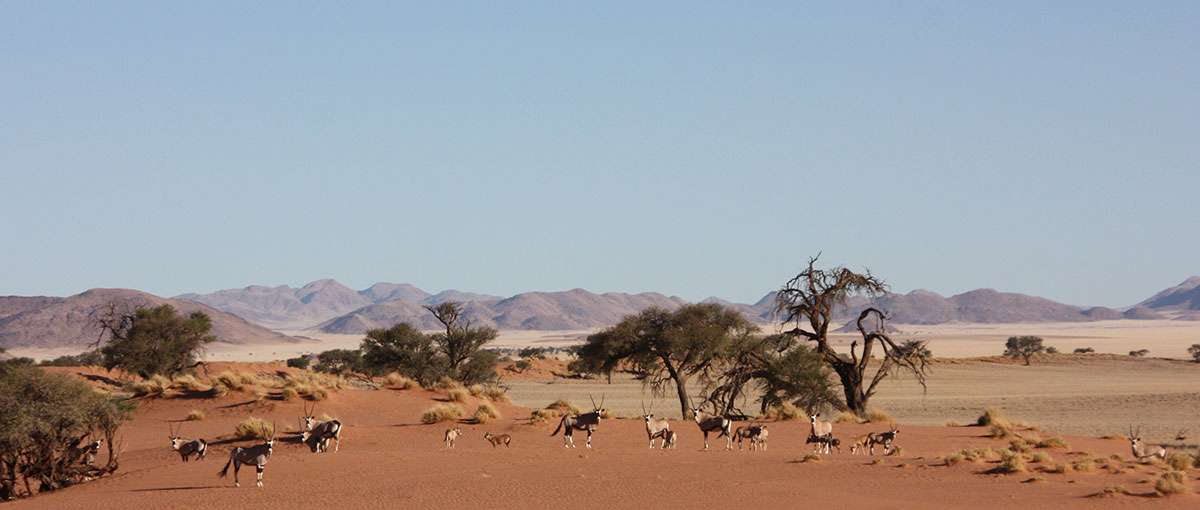Namibia is a semi-arid country and a climate change ‘hotspot’ in southern Africa. The Oshana Region has been hard-hit by droughts in particular, which have drastically disrupted farming practices and people’s livelihoods. Exacerbating these climate change impacts are various non-climatic issues including unemployment and gender norms that already put women at risk.
As part of the CDKN-funded project, Strengthening regional climate change governance through integrating gender-responsive climate action, the University of Namibia has produced a film that explores the experiences of community members in the Ongwediva constituency and documents the project activities.
This project builds on work done by the Adaptation at Scale in Semi-Arid Regions (ASSAR) project since 2014. One of ASSAR’s findings in Namibia was that unequal levels of power and influence between national and sub-national levels of decision-making through to local actors were the main systemic barrier with regards to adaptation governance in Namibia. In addition, it found that because social groups are heterogenous in their adaptive capacities, any adaptation strategy or intervention needed to take this into consideration.
Project Partners: The Desert Research Foundation of Namibia (DRFN), the Ministry of Gender Equality and Child Welfare (MGECW), the Ministry of Urban and Rural Development, the Oshana Regional Council, the Omusati Regional Council, the Ministry of Environment and Tourism (including the Namibia Environmental Education Network – NEEN), Southern African Science Service Centre for Climate Change and Adaptive Land Management (SASSCAL), Development Aid from People to People (DAPP) and the Ministry for Agriculture, Water and Forestr




































